Weekly Diaries
• By Louise

Weekly diaries can be a great way to organise your life. It allows you to plan out your week in advance, and helps you to stay on track. Not only that, but it also allows you to document your thoughts and progress over time.
The first benefit of using a weekly diary is that it allows you to plan out your week in advance. This can be extremely helpful, as it ensures that you are aware of what needs to be done and when. It also eliminates the need to constantly check your calendar or email inbox, as you can simply refer to your weekly diary instead. This can be especially helpful if you have a lot of tasks to complete or if you need to stay organised in order to meet deadlines.
Another benefit of using a weekly diary is that it helps you to stay on track. By writing down your goals and tasks for the week, you are more likely to achieve them. This is because you have a physical reminder of what you need to do, and you can tick off each task as you complete it. This can be a great motivator, as it allows you to see your progress over time.
Finally, a weekly diary also allows you to document your thoughts and progress over time. This can be extremely helpful if you are working on a project or if you want to track your progress over a period of several weeks or months. By writing down your thoughts and feelings, you can gain a better understanding of what is working for you and what isn’t. This can help you to make necessary changes in order to improve your productivity and wellbeing.
How to Choose a Diary
So, how do you get started with using a weekly diary? The first step is to find a diary that suits your needs. There are a variety of different options when it comes to choosing a weekly diary. Here are some of the main things to consider: Layout: weekly diaries usually come with either a week on two pages layout or a week to view on one page. A week on 2 pages layout allows you more space to plan out your week while a week on one page diary keeps your diary thinner and more portable. All our weekly diaries have a week on 2 pages layout. Horizontal or Vertical: Weekly diaries can either have a horizontal or vertical layout. Horizontal weekly diaries are more traditional, each day spans the entire width of the page and includes a short lined notes space. With a vertical layout each day spans the height of the page making the writing space more suited to lists. Monday or Sunday Start: The majority of diaries (including ours) start on a Monday, but you may prefer a Sunday start. Format: Do you want a traditional 12 month diary that starts in January and finishes in December? Maybe you’re a student and an academic diary that covers the school year would be more suited to you? Or perhaps you need to plan further in advance and so an 18 month diary would be better for your needs. You can even get a tax year diary for business owners to track expenses. Size: There are a wide variety of sizes available depending on your priorities such as where you will use the diary most and the type and number of entries you intend to write in it. If you want to carry a diary with you then a smaller personal or A5 size diary would be a good choice. If you will be mainly using a diary at home or work then you may prefer the larger writing space that comes with an A4 diary, this size is good for journalling too. Weekend Writing Space: Equal Writing space for weekends is a must for many people. All our diaries come with equal writing space for weekends as we know how frustrating it is to not have space for proper planning. This does sacrifice writing space for the week though so if your diary is more work orientated you may prefer more space during the week and less for weekends. It’s important to choose one that is easy for you to use and fits your needs, as this will make it more likely that you will stick with it. The next step is to decide what format you want to use. Some people prefer to list out their tasks and goals for each day, while others prefer to write a weekly overview. It’s important to find a format that works for you, as this will make it more likely that you will stick with it over the long-term. Finally, it’s important to set some ground rules for yourself. For example, you may want to commit to writing in your weekly diary every day, or you may want to set a time each week when you will review your progress. By setting some guidelines for yourself, you are more likely to stick with using your weekly diary. So, if you are looking for a way to organise your life and stay on track, a weekly diary may be the perfect choice for you!
2023 Weekly A5 Diaries
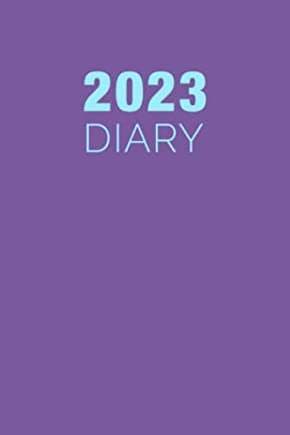
Simple Purple and Pale Blue
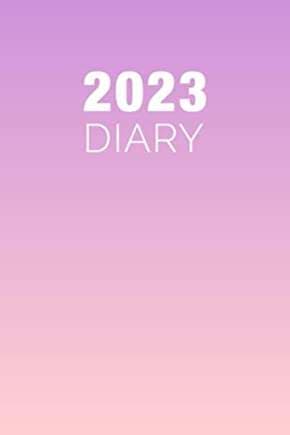
Simple Pastel Pink Gradient
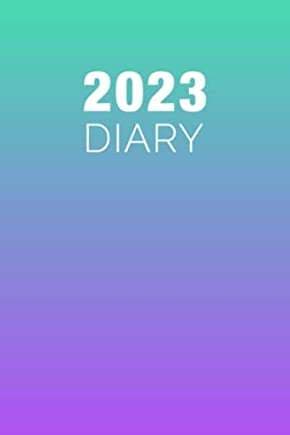
Purple and Teal Gradient
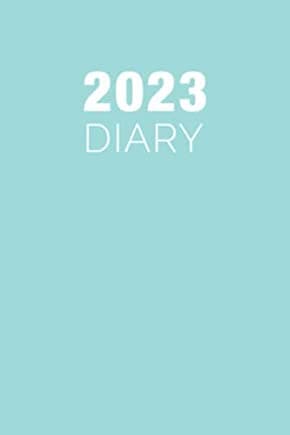
Pale Blue and White Cover
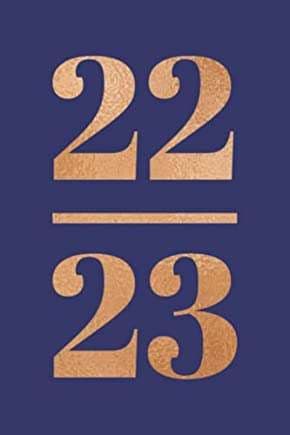
Navy Blue & Gold Numbers
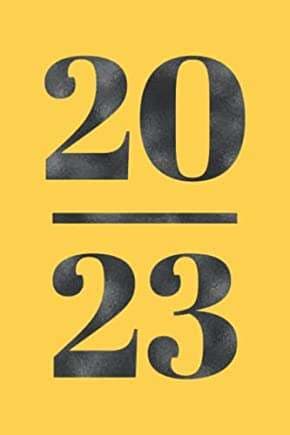
Yellow & Black Bold Numbers
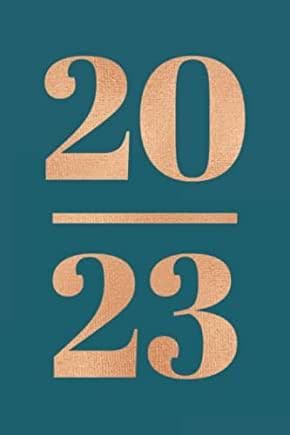
Teal & Copper Bold Numbers

Plain Navy Blue & White
2022 Weekly A5 Diaries

Cute Black & Yellow Bees

Black & Pink Dogs Pattern

Pastel Blue Cute Cats
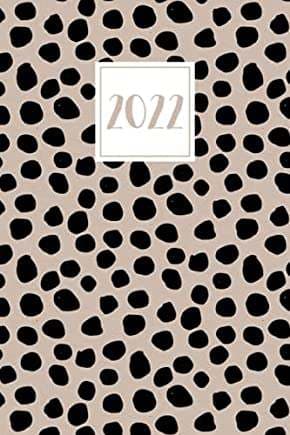
Kraft & Black Polka Dots
2022 Weekly A4 Diaries

Black & Gold Dragonflies

Navy & White Cute Wolf Moon
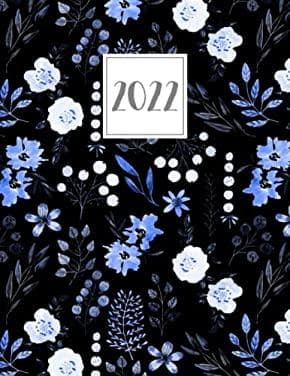
Blue & Black Flowers

Blue & Gold Watercolour
Advertisement
